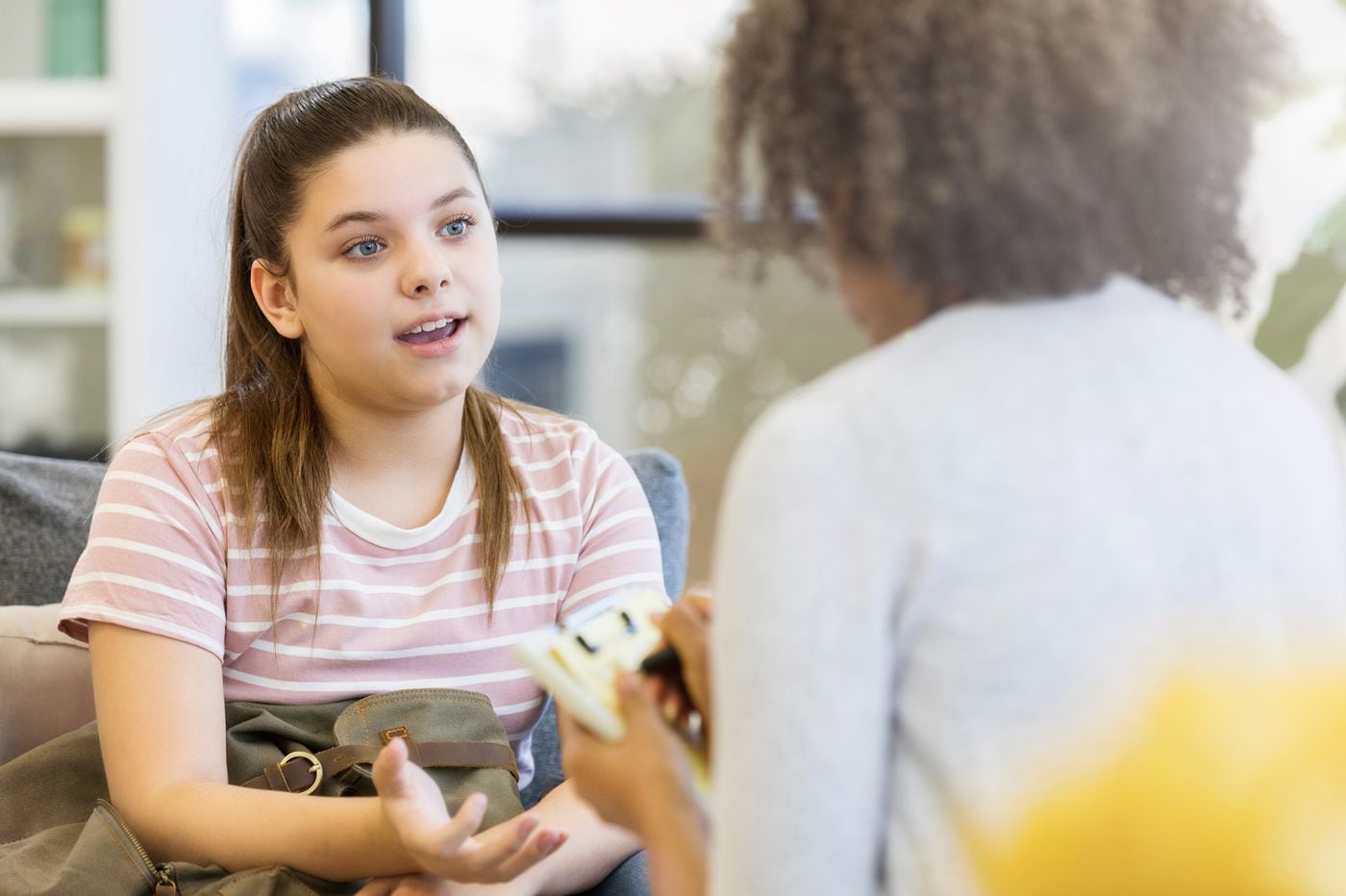
With rates of #depression rising among youth of all ages and some children as young as age 9 attempting #suicide, experts are recommending that parents, doctors, and teachers talk to kids about #mentalhealth from an early age.
#JamesDonaldson notes:
Welcome to the “next chapter” of my life… being a voice and an advocate for #mentalhealthawarenessandsuicideprevention, especially pertaining to our younger generation of students and student-athletes.
Getting men to speak up and reach out for help and assistance is one of my passions. Us men need to not suffer in silence or drown our sorrows in alcohol, hang out at bars and strip joints, or get involved with drug use.
Having gone through a recent bout of #depression and #suicidalthoughts myself, I realize now, that I can make a huge difference in the lives of so many by sharing my story, and by sharing various resources I come across as I work in this space. #http://bit.ly/JamesMentalHealthArticle
But many adults are unsure of how to approach those conversations and also worry that the topic is too serious for kids.
Those fears are natural, says Tami Benton, psychiatrist-in-chief at the Children’s Hospital of Philadelphia. But there are many ways to have a productive and nonintimidating conversation about #mentalhealth with kids.
Here are six tips to get you started:
- Talk about #mentalhealth right alongside physical health. This doesn’t need to be a separate conversation. When you talk to kids about getting a flu shot to protect their physical health, use the chance to talk to them about protecting their #mentalhealth, too. Research has shown both affect each other.
- Don’t focus on the negative outcomes. “If we talk to kids only about the bad things that can happen to them, that’d be alarming,” Benton said. While it’s important to convey the seriousness of these issues, you want to steer away from listing different #mentalillnesses and their symptoms.
- Simplify the language. Rather than focusing on specific #mentalhealth terms, explain what the condition looks and feels like. Benton suggests describing depression along these lines: “It’s normal for people to feel sad sometimes. Most of the time when people feel sad, it goes away. But for some people, they might feel sad for a long time and feel like not wanting to be alive.”
- Focus on prevention and how kids can help themselves. The way to keep the conversation from becoming scary or overwhelming is to empower children with concrete skills they can use. Talk about how sleeping regularly, eating healthy, and staying active can help maintain good #mentalhealth. Talk about healthy ways of dealing with emotion, like going for a run, listening to music, or talking to a family member. Brainstorm with them a list of adults they feel safe turning to if they’re ever struggling.
- Discuss how they can help others. Research shows that youth who are struggling with mental health concerns often tell friends before anyone else. That’s why experts say it’s crucial to teach kids to recognize warning signs — like changes in mood or sleeping and eating habits — in others. Encourage them to talk to an adult if they’re worried about their friends.
- Let them know help is available. Children should understand that treatment for mental illnesses is effective, and they will not be judged for seeking help. They should have multiple adults they can turn to, who can connect them with professional resources. “No matter what, they need to know there is always help available,” Benton said.



